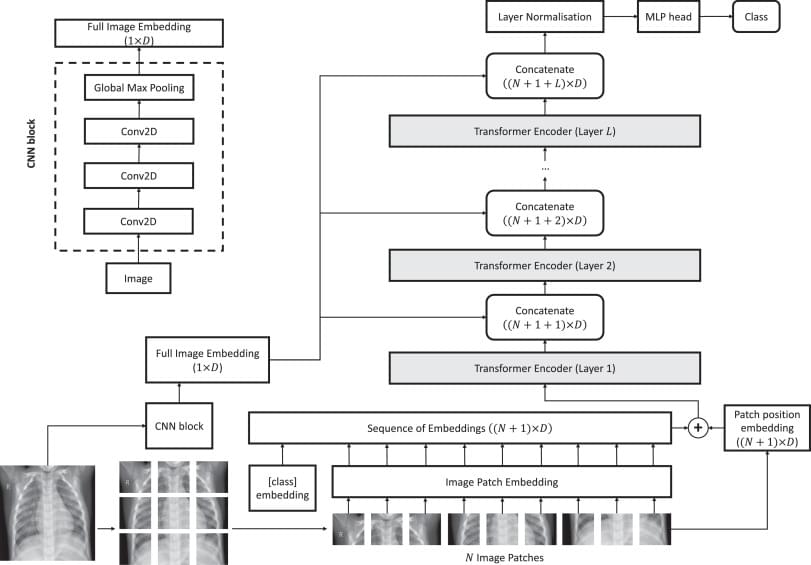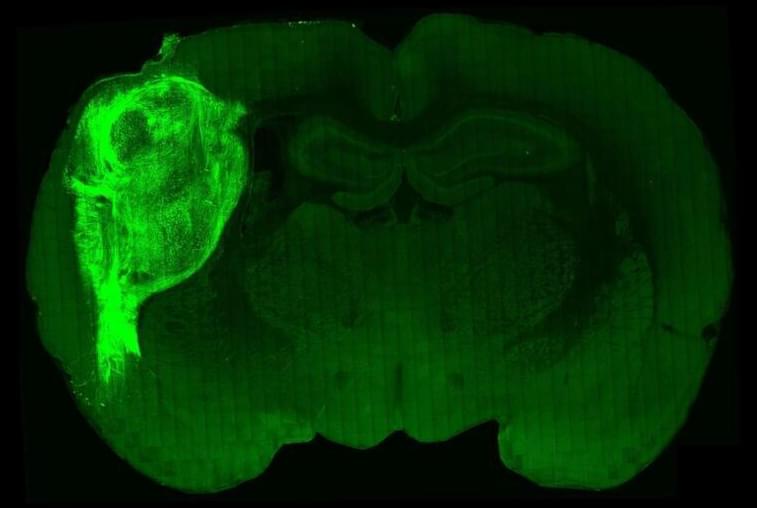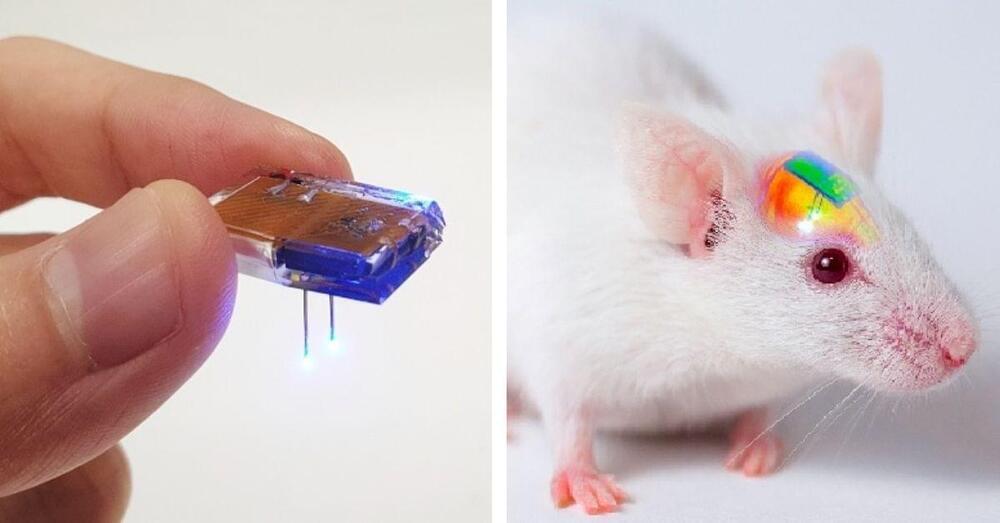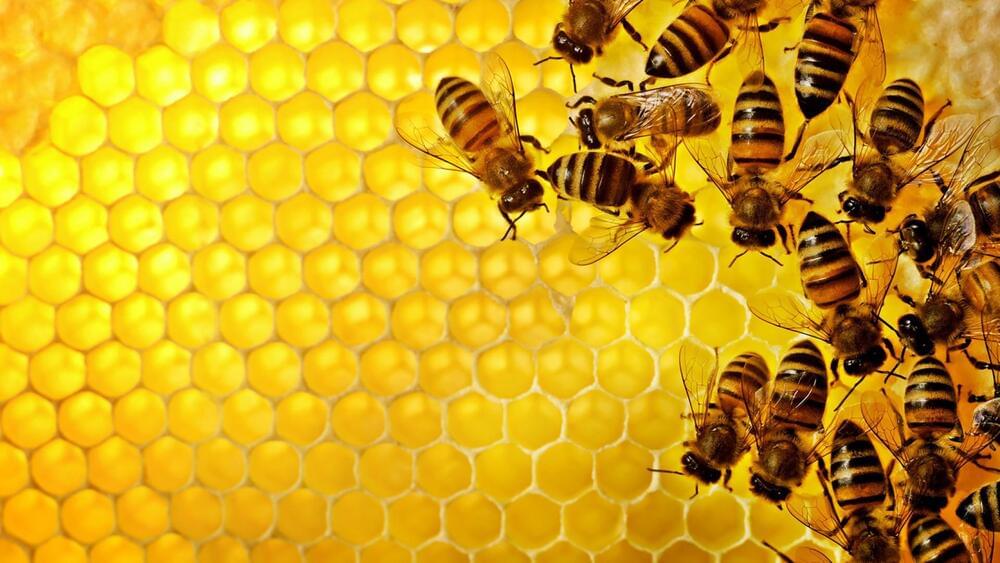
Get the latest international news and world events from around the world.




Everything You Ever Wanted to Know About CRISPR
Turns out, altering bacteria from within could be the solution to antibiotic resistance. In an ironic twist, researchers used viruses engineered with the CRISPR-Cas system to alter bacterial defense mechanisms and edit their genomes selectively in complex environments. Significantly, the novel approach may help address the pressing issue of antibiotic resistance.


